Geneva, MINA – Indonesian Deputy Minister of Foreign Affairs, Mahendra Siregar called for the expansion of digitalization and an inclusive and sustainable economy to address the challenges posed by the COVID-19 pandemic.
It was conveyed by the Deputy Minister of Foreign Affairs in the General Debate session of the 15th United Nations Conference on Trade Development (UNCTAD).
According to a press statement from the Indonesian Ministry of Foreign Affairs on Thursday, the 15th UNCTAD meeting took place in a hybrid manner with limited physical meeting locations in Geneva, Switzerland and Bridgetown, Barbados from 4 to 7 October 2021.
The activity carried the theme “From Inequality and Vulnerability to Prosperity for All” and was attended by 195 UNCTAD member countries.
In the general debate session, the Deputy Minister of Foreign Affairs of the Republic of Indonesia invited all members of UNCTAD to direct the attention of three main elements to overcome the impact of COVID-19.
“First, inclusive economic development by developing a creative economy,” said the Deputy Minister of Foreign Affairs. Creative economic development can help countries to diversify their economy and also help the process of economic transformation of countries.
MSMEs, women and youth must be empowered to maximize the benefits of the opportunities created by the creative economy. This coincides with the momentum of 2021 which is designated as the International Year of the Creative Economy for Sustainable Development.
“Second, providing support for the expansion of digitalization,” said the Deputy Minister of Foreign Affairs. From this pandemic, one of the valuable lessons that can be learned is that business activities can survive economic downturns if they can adapt and use the digital economy as a means of marketing products and expanding consumer reach.
Also Read: Indonesia’s Hajj Ministry Engages Local MSMEs to Strengthen Catering for 2026 Pilgrims
Therefore, special attention is needed to bridge the digital balance between countries and regions within a country with affordable prices and access to reliable digital infrastructure, especially in developing countries.
“Third, the transition to a sustainable economy,” continued the Deputy Minister of Foreign Affairs. The government needs to strengthen trade and investment policies to contribute to the achievement of the climate and environmental goals of the 2030 Agenda, and emphasize more concrete and coordinated actions, in accordance with the principle of Common but Differentiated Responsibilities (CBDR) and the capabilities of each country.
The Deputy Minister of Foreign Affairs underlined, “The importance of building trust to ensure that environmental issues are not used as trade barriers”. In addition, the Deputy Minister of Foreign Affairs also emphasized that a sustainable economy will not be achieved when countries struggle to pay off debts that have increased due to the pandemic.
“UNCTAD support for developing countries is absolutely necessary, let’s work together so that the results of the 15th UNCTAD meeting can help its members create a more inclusive, resilient, and sustainable world for a shared future,” he said. (T/RE1)
Also Read: Indonesia Denies Being Destination for Forced Relocation of Gaza Residents
Mi’raj News Agency (MINA)






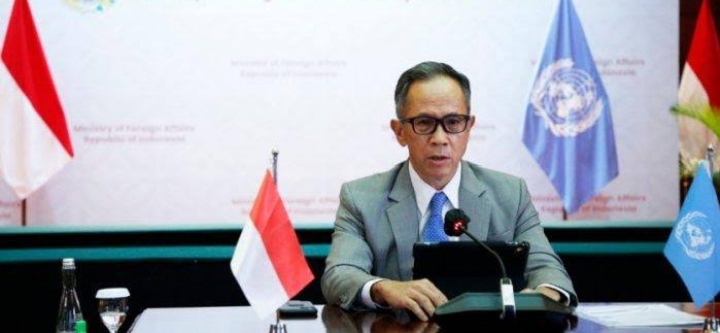





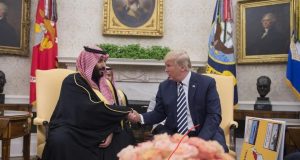



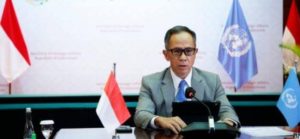
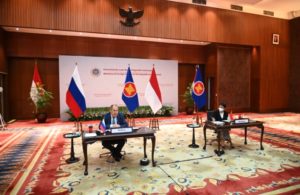
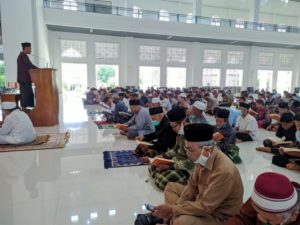
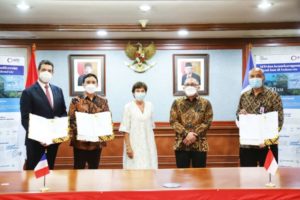
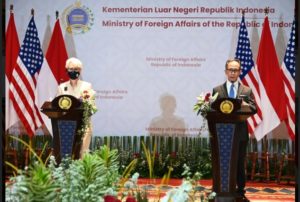
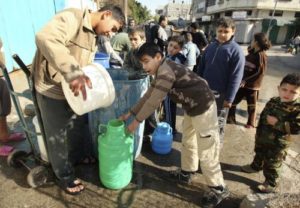













 Mina Indonesia
Mina Indonesia Mina Arabic
Mina Arabic